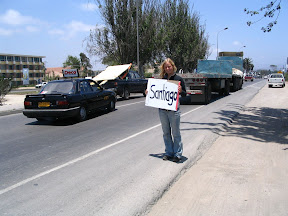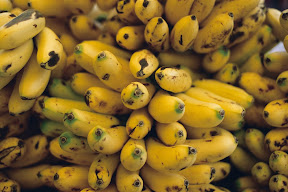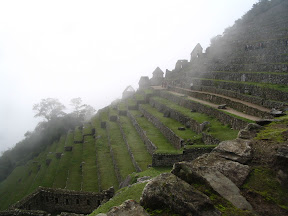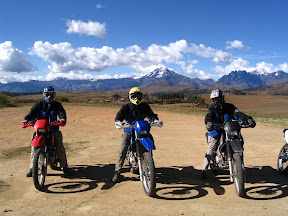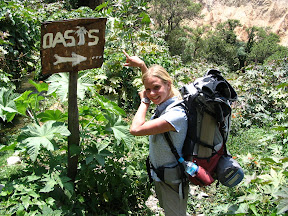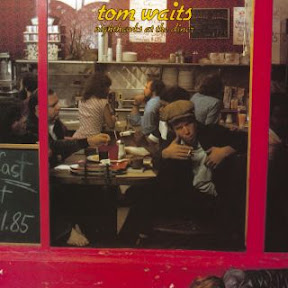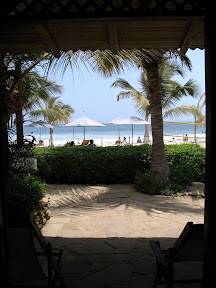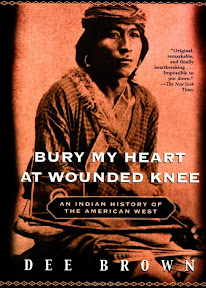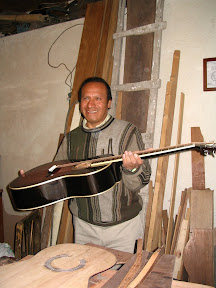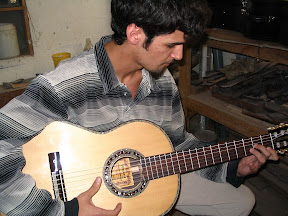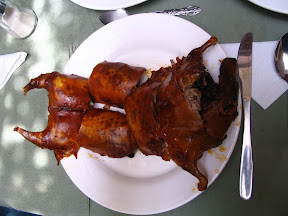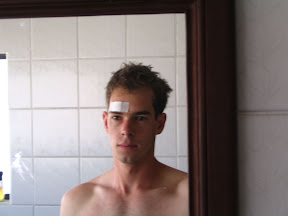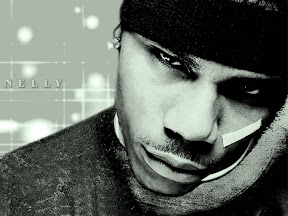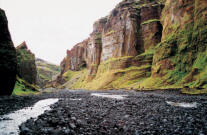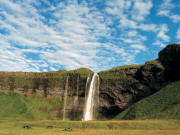Summer in Patagonia
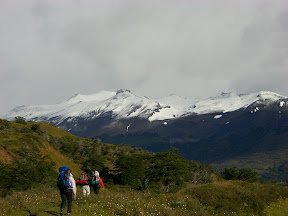 |
| From Patagonia |
Trying to find inspiration to write after several weeks' absence from the internet is difficult. It would be easy to continue coasting along without looking at emails or blogging but, as with getting out of bed on the weekend, what's good for me sometimes requires effort.
We ended up spending 9 days on the Paine circuit. The terrain ranged from the famous Torres to the immense Glaciar Grey, the weather from rain to snow to the occasional bit of sun to extremely windy, as this entry from the minimal diary I kept describes:
Day 3: Crossed a pass. Wind so strong it blew the spit out of my mouth and the snot out of my nose.
With gusts that literally pushed me backwards several steps, this was no exaggeration. The first half of the trail was relatively isolated and provided a chance to meet some of the other trekkers whose trip coincided with mine and Anne's. Among others was the group we ended up joining at the end of every day, the retired Alaskan couple on their fifth trip to Torres del Paine and whose hiking abilities far surpassed mine, and a woman from New York who commented on the second day that she could have seen the same scenery in New Hampshire. Anne restrained herself from suggesting she go back and finish her hike there.
Apart from the shared conversations while warming ourselves round wood-fired stoves, some of them expanded my knowledge of the English language. Memorably, I learnt the phrase "fuck this shit" can be used not only when you are tired of many days hiking and camping without a shower, but also as a concise way of signifying your desire to leave the dinner table.
The second half of the trail was more accessible to buses and ferries from the nearest town, which brought many day hikers staying in comfy lodges. They breezed past with tiny backpacks by day, and at night as I pitched tent and huddled over my camping stove to cook dinner, I consoled myself by feeling smugly superior.
Speaking of dinner, food figured prominently in the 4-5 sentences I wrote to my diary each day. It's no surprise that when spending hours every day trekking to the next campsite while staring at a spot on the ground roughly 2 meters in front of you, fantasizing about food becomes a regular pastime. I went from imagining what I'd like to eat, to telling Anne in tantalising detail how I would prepare the food (heat up the pan with olive oil, tip in chopped onions, listen to them sizzle, add salt and fresh ground black pepper while you smell the aroma of the onions beginning to caramelise, etc.), to writing diary entries such as this:
Day 5: Leftovers @ breakfast. 2 women who paid for a meal at the hut couldn't finish their food. Excellent start. Too bad we won't see them again.
All this despite eating very well considering Anne and I carried our supplies for the entire trek. Maybe my body is starting to notice the 6kgs I've lost since the start of my travels several months ago and wants them back.
The second hike was a much shorter and easier 4-day affair in Parque Nacional Los Glaciares in Argentinian Patagonia. Christmas day brought views of 2 beautiful ice cold lakes at the base of the Fitzroy peak, along with a lunch where the friend we hiked with excitedly exclaimed, "It's Christmas! What do you normally do to celebrate?" to a trio of Israelis.
Despite the short days, Anne and I, together with a couple others, rewarded ourselves with a large home-cooked steak and vegetable stir-fry dinner at the end. After 3 bottles of wine between the 4 of us, we decided to check out the only bar in town. We stopped en route to convince some renovation workers in the supermarket to open the doors at 1am and let us buy 2 more bottles, which the bar let us bring inside - a sure sign of a friendly small town. We realised the next day on the 15 hour bus ride over unpaved bumpy road just how bad this seemingly good idea was.
The next couple weeks will be a journey north, recrossing into Chile to travel part of the scenic Carretera Austral up the Andes. I'm hoping to make it to Argentina's winemaking region before heading to Buenos Aires. I've been wanting to do a bike tour of wineries - a combination, like chocolate fondue with strawberries, that has the potential to fantastically exceed the already enjoyable sum of its parts.
